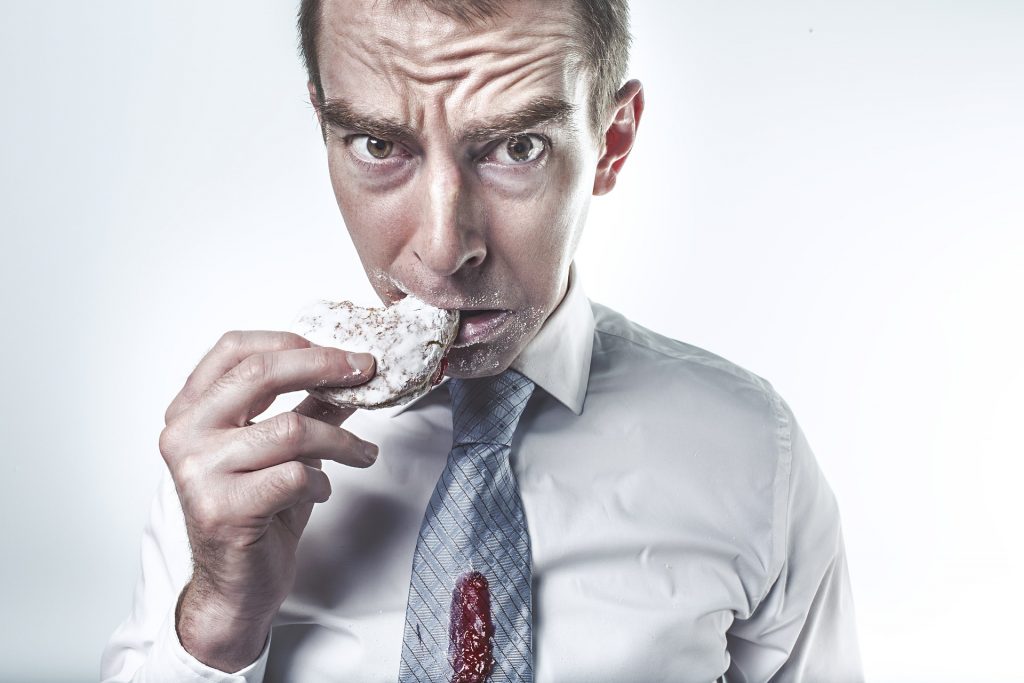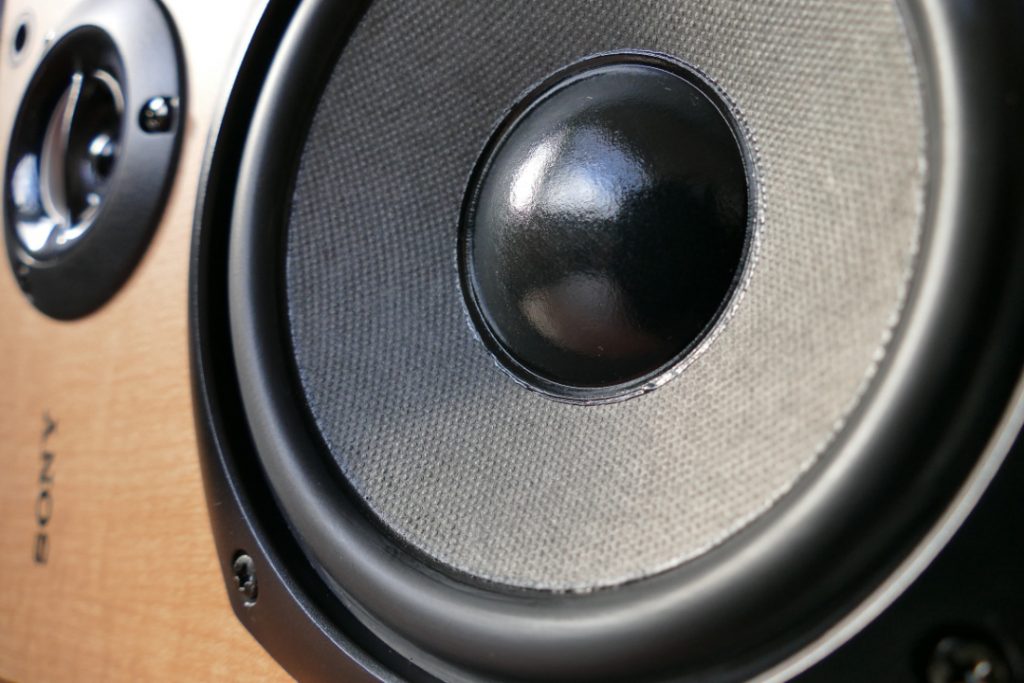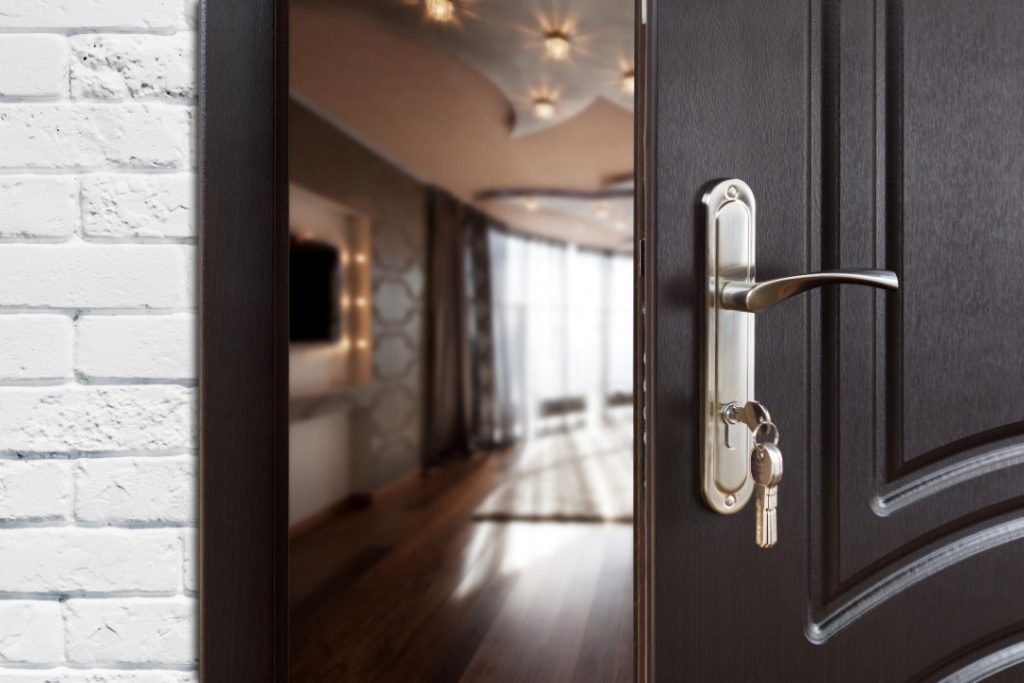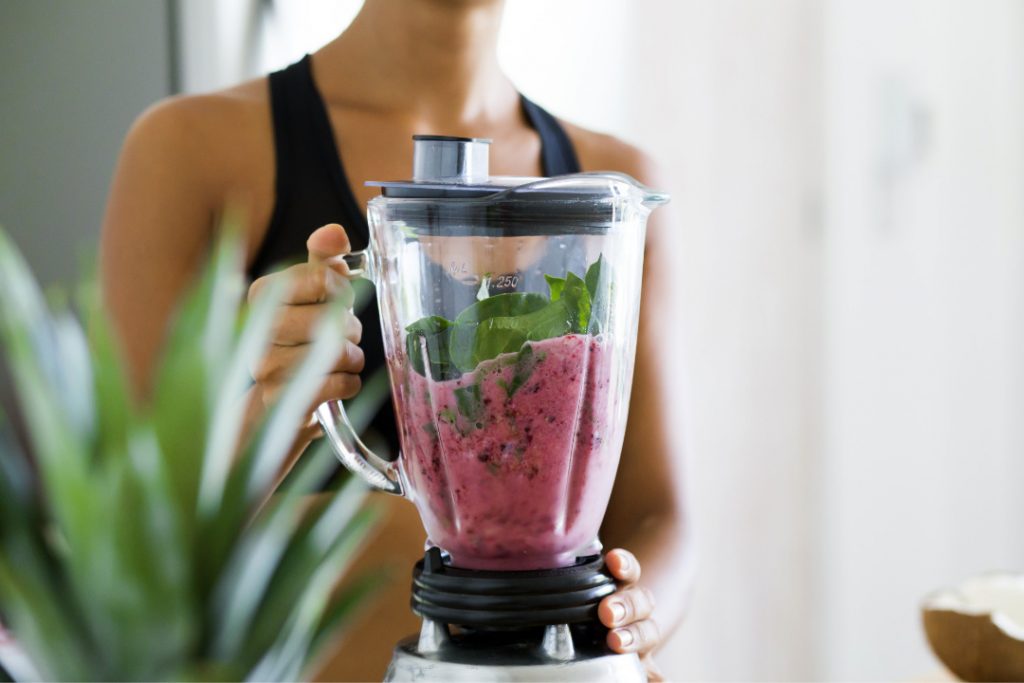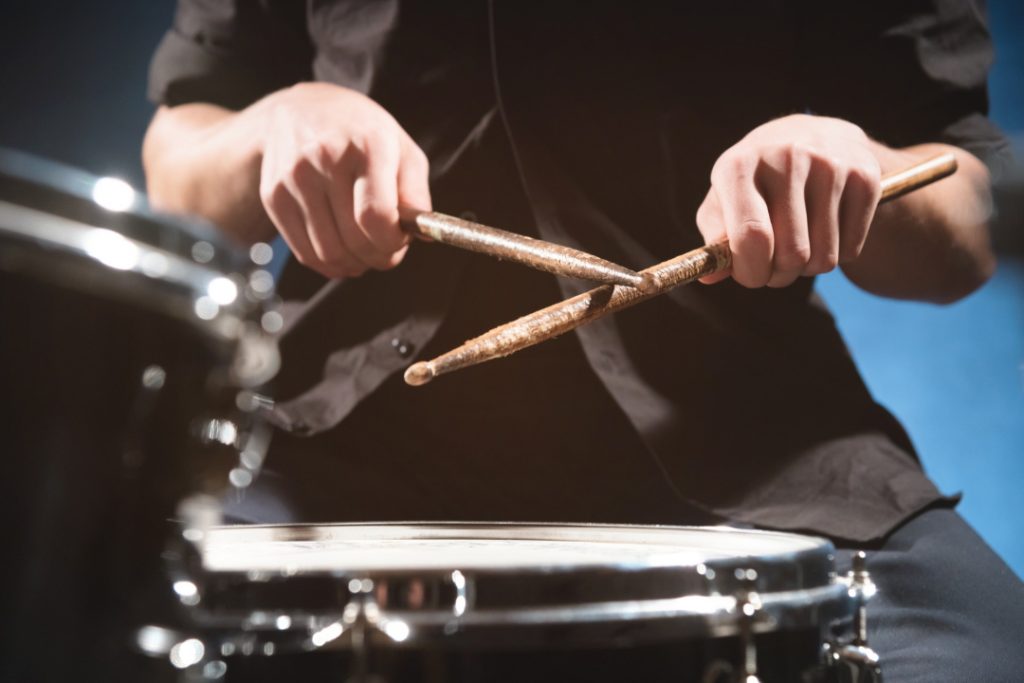Imagine a world without chewing—a society where no audible chewing noises, loud smacking sounds, or noisy crunching are heard. Sounds terrific. Chew more quietly is a problem that many of us have faced at some time or another. It’s nearly hard to chew softly when eating a juicy steak or crispy potato chips, but there are methods to make our mastication less noisy.
There are methods to prevent it that have been proved. In this post, we’ll go through them. But first, let’s take a look at what chewing loudly does to us.
Why Should You Chew Quietly?
There are many reasons why you should chew quietly. It’s not just a matter of being considerate to those around you. There are health benefits to keeping your chewing sounds down as well.
1. Reduces stress – Loud chewing can increase our stress levels. When we hear someone crunching away on something, it signals to our brain that we are stressed. This is because crunching and smacking noises are usually associated with adverse events, such as pain or anger.
2. Helps us focus – Chewing quietly can help us stay focused on the task at hand. Noisy chewing can distract and make it difficult for us to concentrate.
3. Keeps our conversations private – Loud chewing can easily drown out the sound of our voice and make it difficult for the person we are speaking to understand us.
4. Prevents tooth damage – Excessive chewing, especially when done loudly, can cause wear and tear on our teeth.
5. Reduces stomach problems – Loud chewing can cause gastric issues such as indigestion and heartburn.
5 Tips To Chew Quietly
To break the habit of chewing loudly and preserve good ties with others, use these masticating ideas.
1. Slow Down While Eating
It might be because we are starving, or it might be due to a poor habit. We can get indigestion when we eat quickly because we don’t chew our food properly. It may also cause a lot of noise for those around you since you hurry through your meal. Some individuals claim that it is all right to do so when no one is watching, but this will encourage the behavior.
You will eat your meal more slowly and in smaller portions, which will help you to avoid overeating. When you consume food too quickly, the signal that you are satisfied does not reach your brain in time, leading to overindulgence. nWhen chewing your meals properly, not only will it aid in digestion, but it will also help reduce noise while dining.
2. Keep Your Mouth Closed To Chew Quietly
Although this is a crucial table behavior, you were most likely trained as a youngster. Keep your mouth fully closed while chowing down on a delectable meal. However, if you’re serious about learning to chew quietly, this is the beginning and most important step.
This is your signal to keep the gate shut when you take a bite. Don’t talk, drink water, or chat while eating. Ensure that your mouth stays closed and your lips are sealed while food is in there, and let your jaw do the work.
3. Concentrate On Eating
If you’re a frequent watcher of television or scroll through your phone while eating, you’re more likely to consume your meal quickly. This could cause your loud chewing noise since you don’t pay attention and keep stuffing your mouth with food. Stop doing this and start paying attention to your meal instead; if you make loud eating sounds and manage it, you’ll notice.
When eating in public, the noises of the environment may be so distracting that you inadvertently begin munching your food loudly. This is not unusual because confusion is likely to generate more confusion. Concentrate on your meal and block everything else out of your thoughts to avoid such circumstances. Using noise-canceling headphones or a white noise machine can assist you with this.
4. Avoid Crunchy Food To Chew Quietly
When you chew on snacks, you become loud. For example, you can’t compare potato crisps or cornflakes to a slice of bread. As a result, if you’re eating Weetabix or cornflakes with no milk, add some extra milk. When considering the popularity of sandwiches and chewy food in general, it’s tempting to grab something light without dairy for lunch. However, consider going into your room and chewing loudly if you want to eat loudly when alone.
The secret cave of man is a soundproofed basement and the soundproofed room; you may also soundproof your own and eat snacks there. Avoid noisy food for another strategy to eat quietly. They make a loud noise when you crunch crackers, chips, apples, or carrots. Of course, this does not mean you should eliminate such foods; instead, try to decrease your intake as much as possible. Also, if you chop vegetables or fruit into smaller pieces before eating them, you will make less noise while doing so.

5. Avoid Alcohol To Chew Quietly
We all know that Alcohol can loosen our tongues, and sometimes we end up saying things we later regret. This is also the case when it comes to eating habits. After a few glasses of wine, you might find yourself eating your food way too loudly without even realizing it. So, if you’re trying to break the habit, it’s best to avoid alcohol altogether.
Drinking alcohol might make you feel hungry, but it is not a good idea to drink and eat simultaneously as it will only increase the volume of your chewing noise.
Not only that, but you will also end up eating more than you need, as Alcohol impairs your judgment. So, if you want to avoid making a racket while eating and embarrassing yourself in front of others, avoid drinking alcohol before or during your mealtime.
Conclusion
These are some of the best ways to reduce the amount of noise you make while eating. If you follow these tips, you will find that you can chew your food much more quietly without making a lot of fuss.
Of course, it will take some time and practice to get used to these new habits, but eventually, you will be able to perfect them and make less noise when eating. Good luck!

